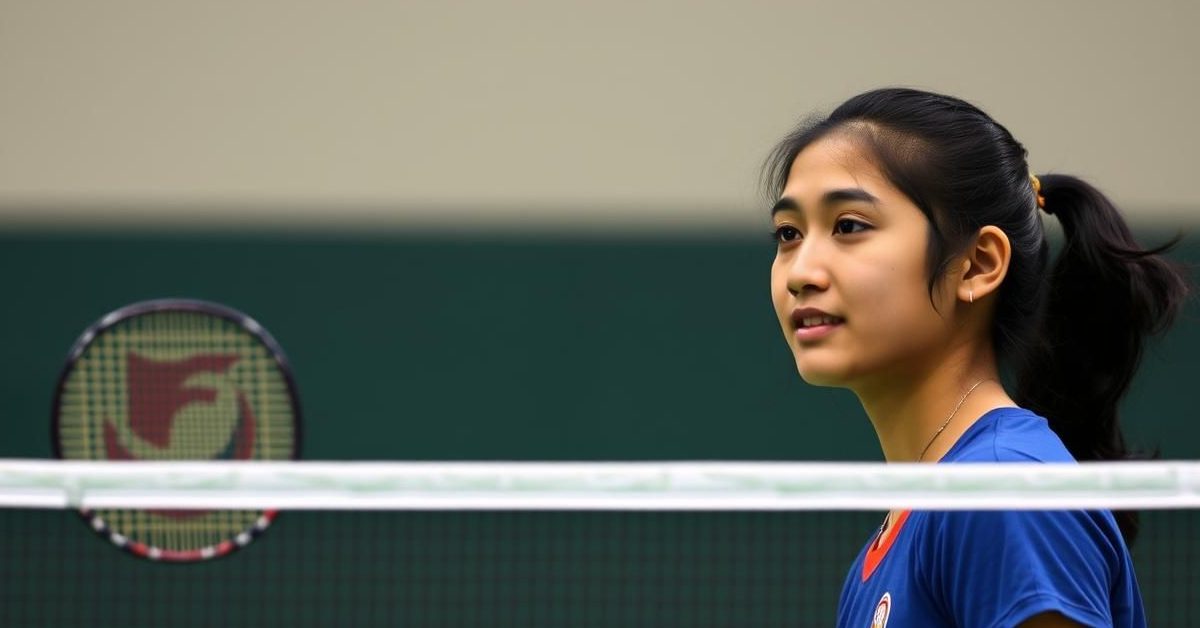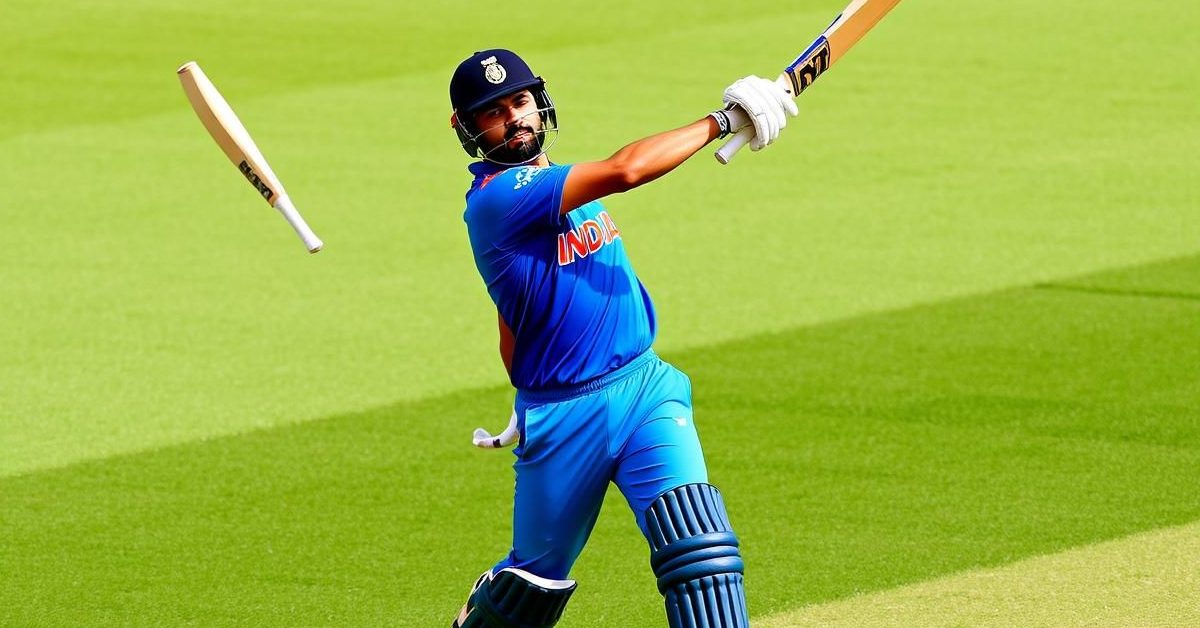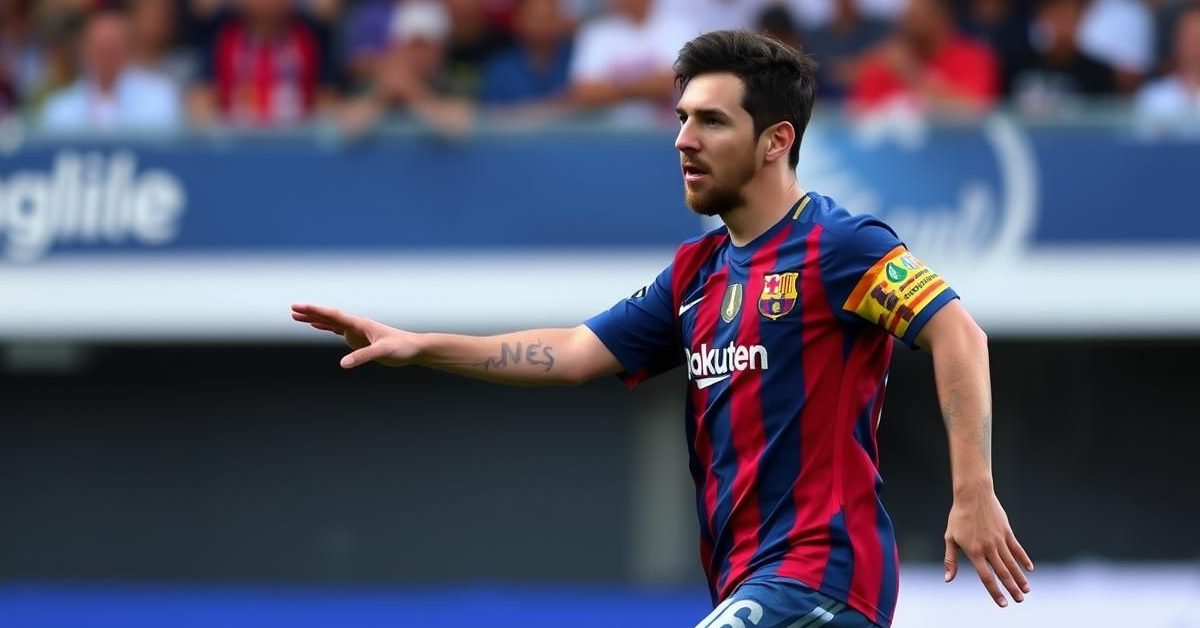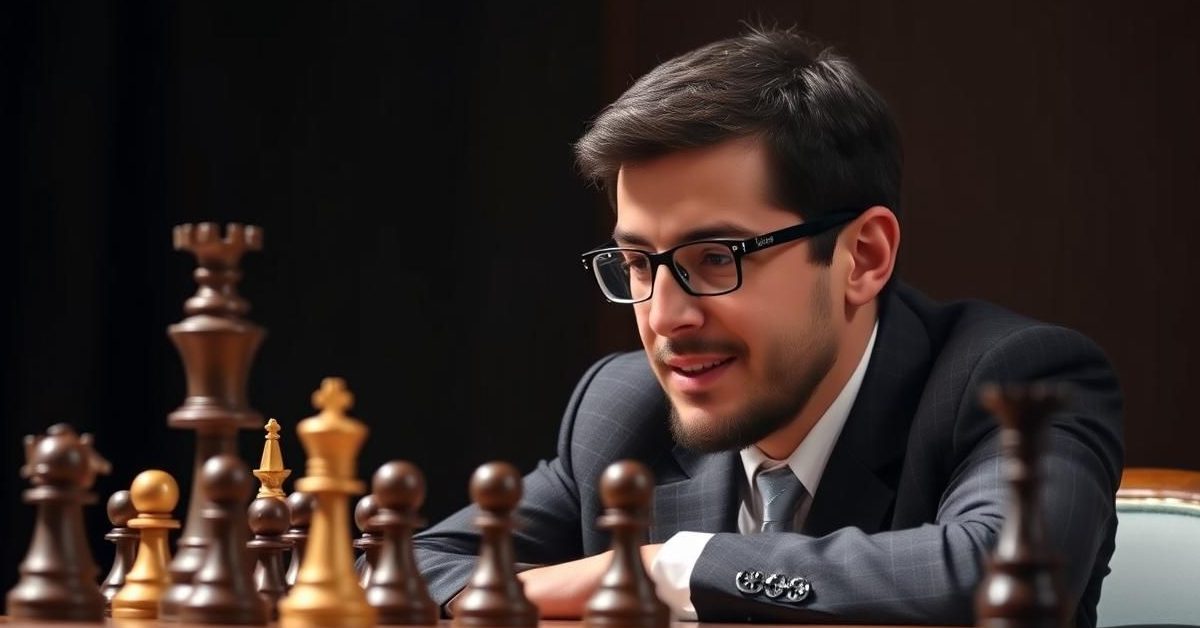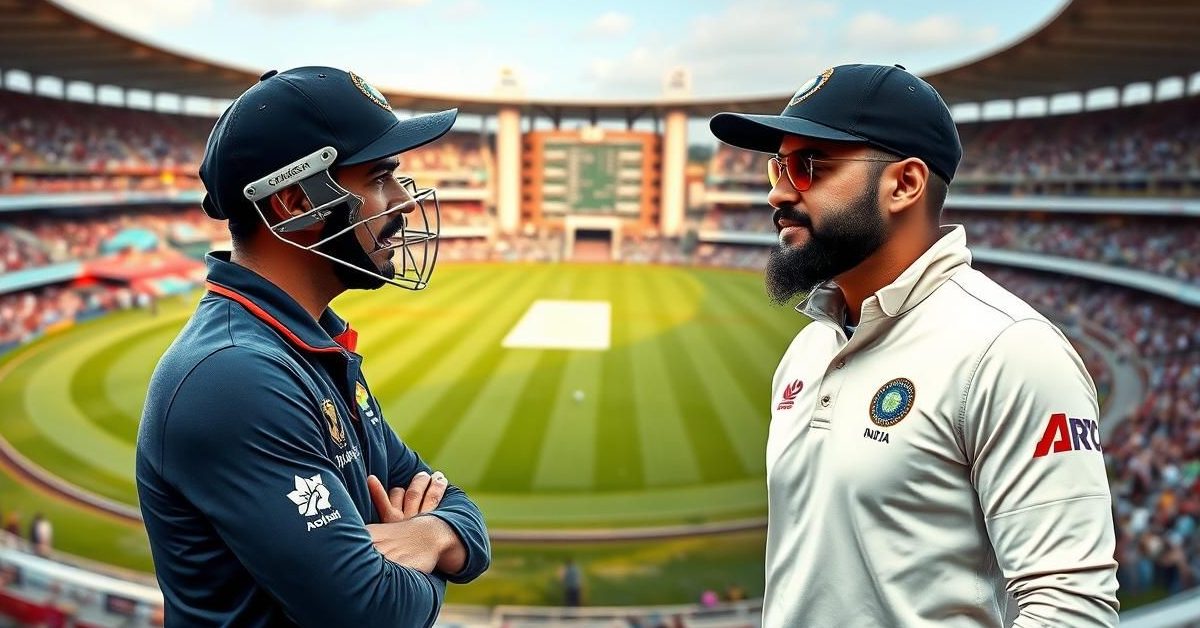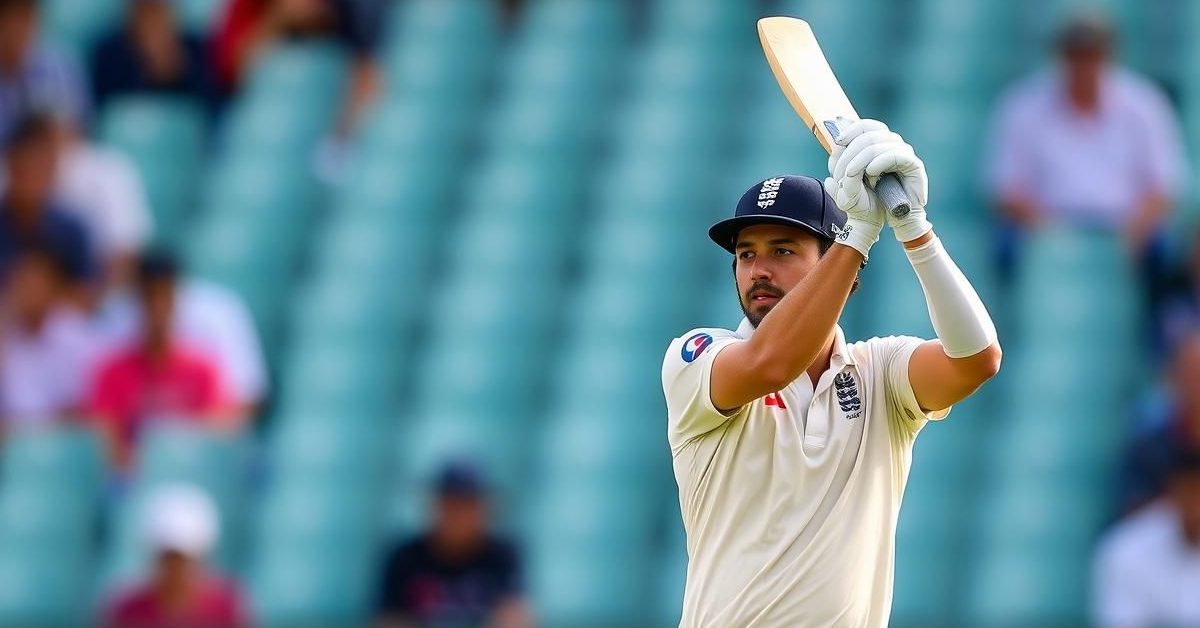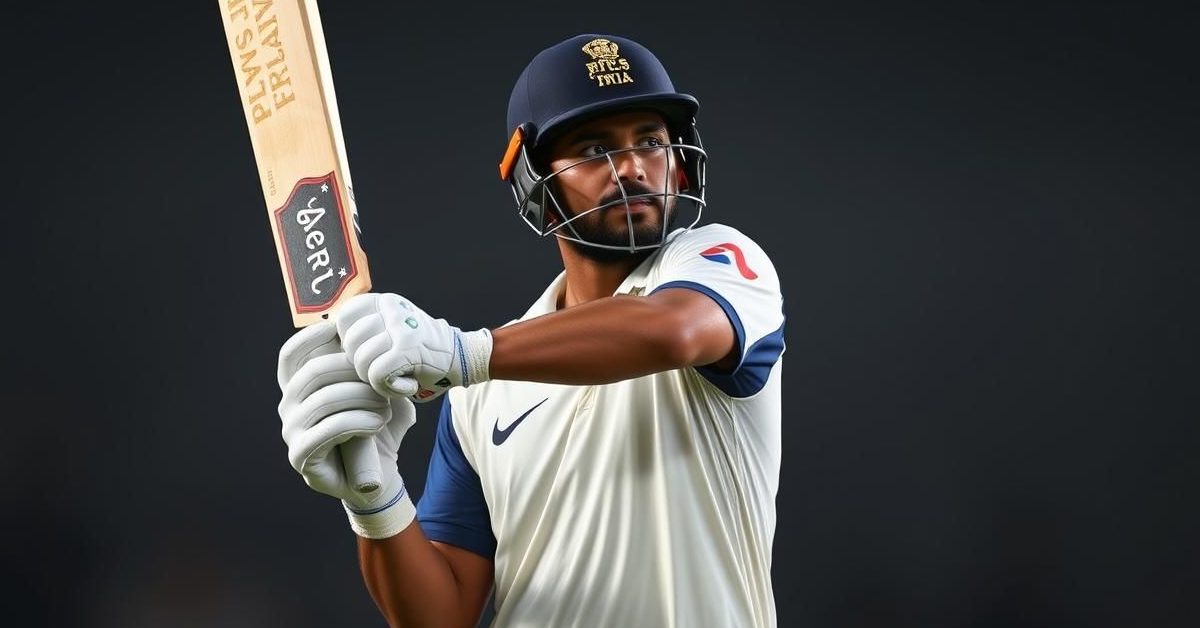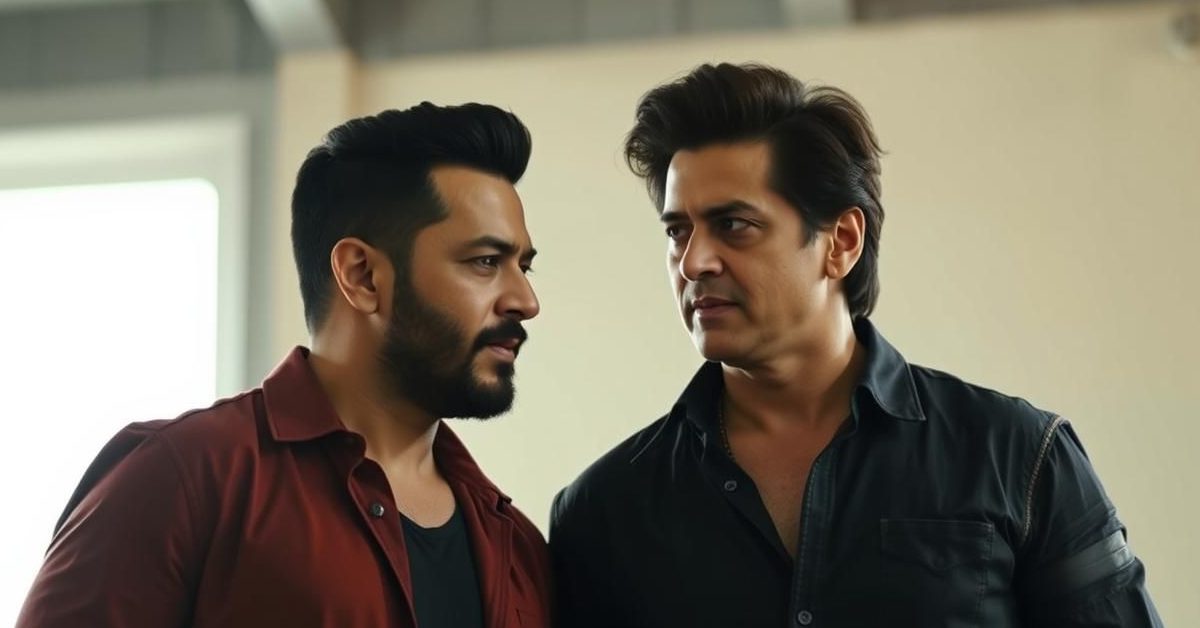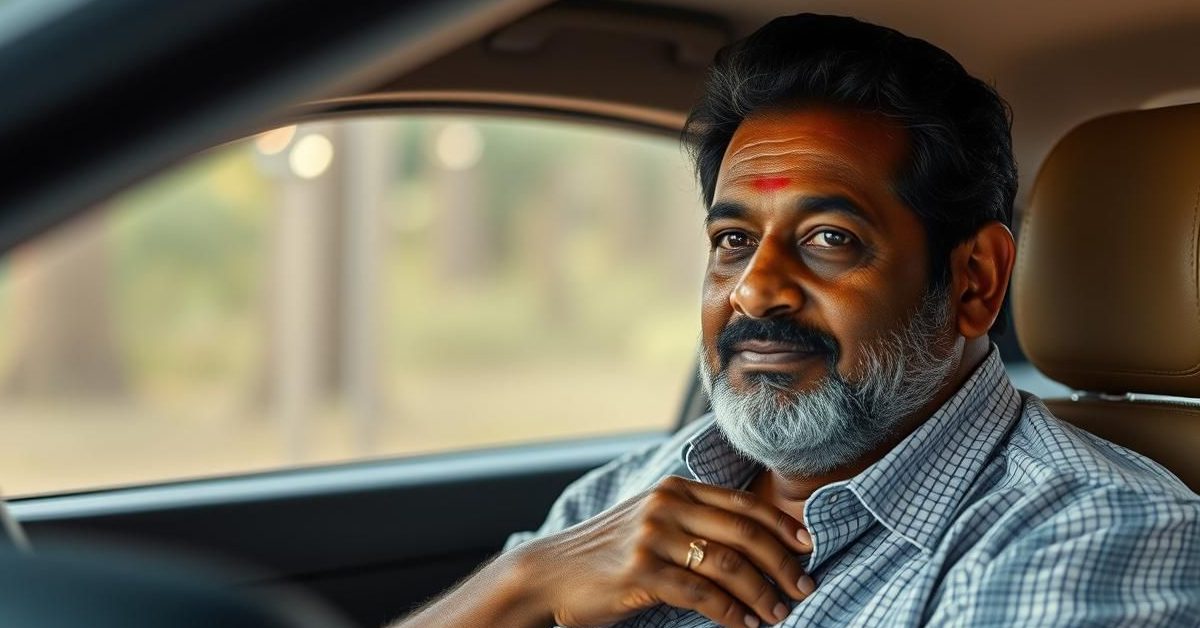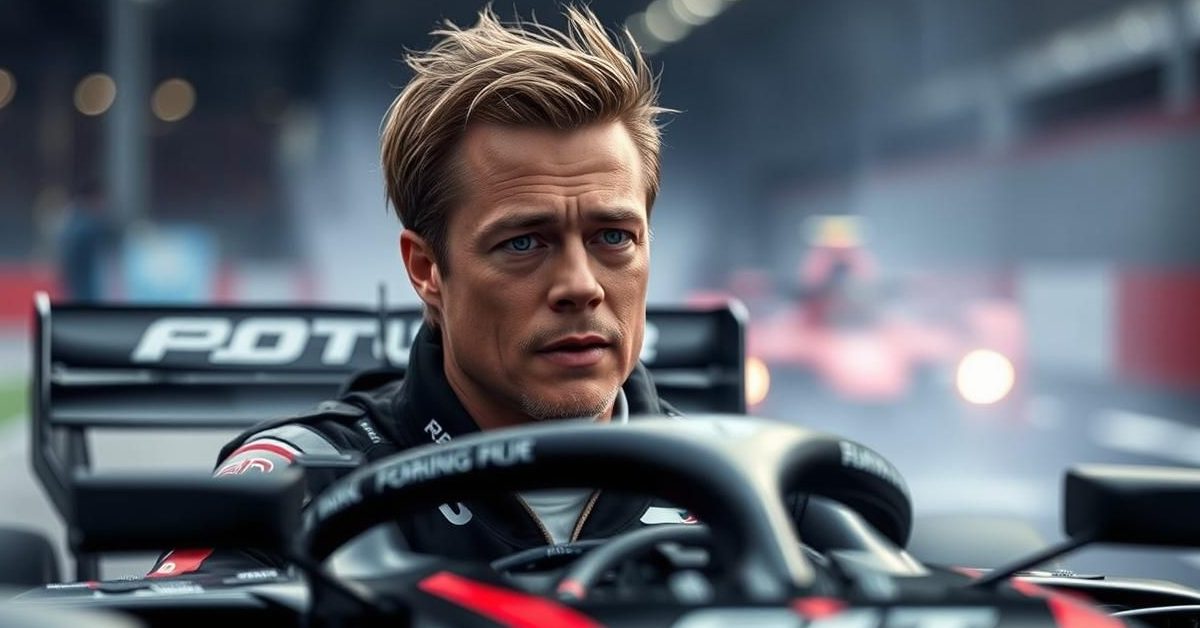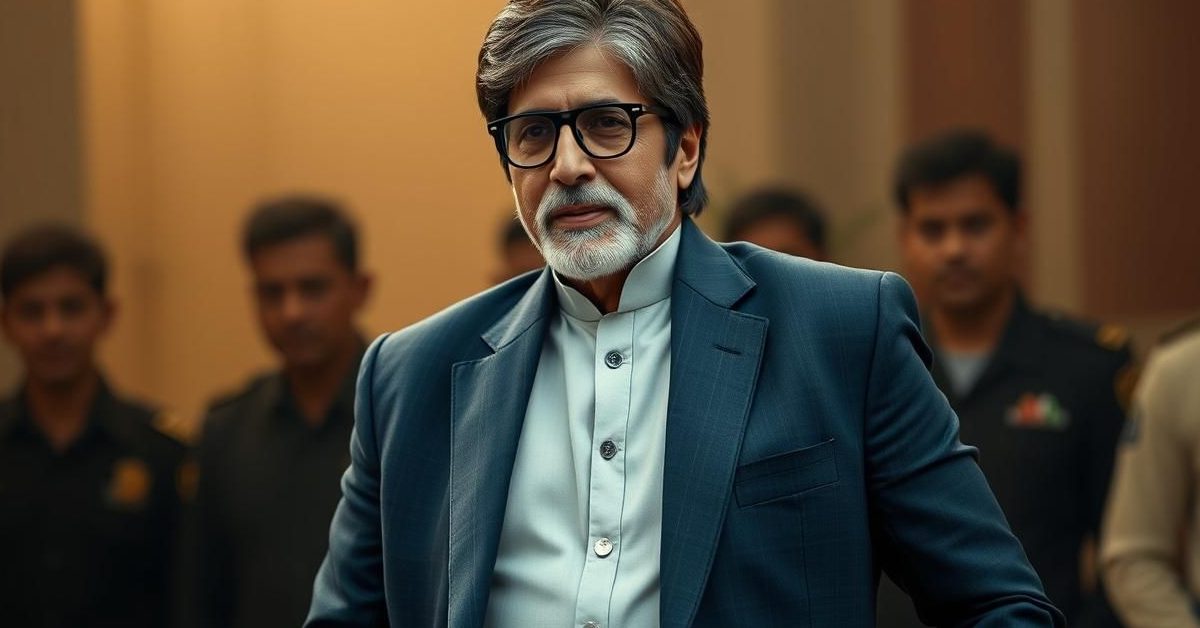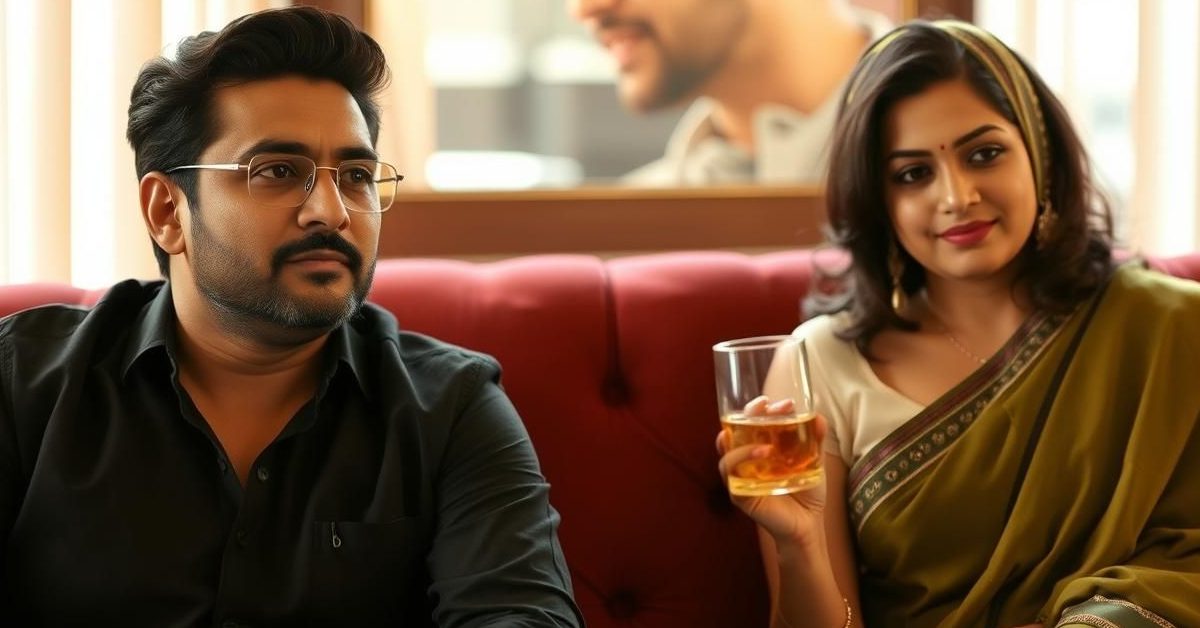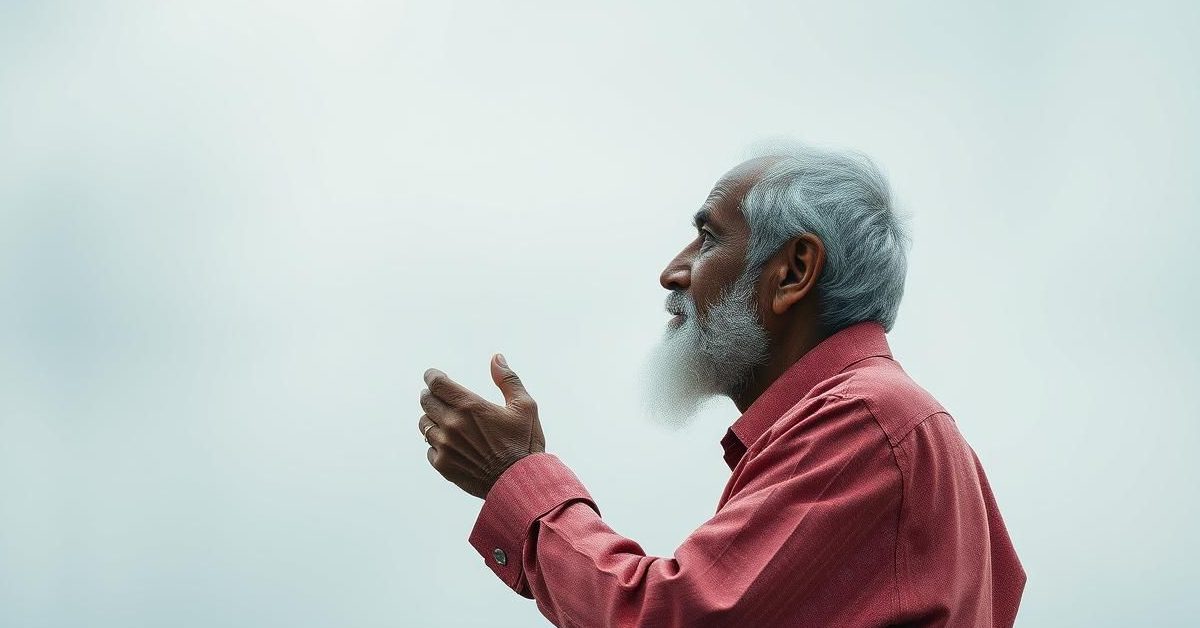The Visionary Coach: Why Park Tae-sang Hails Tanvi Sharma as the Next Sindhu
Coach Park Tae-sang, known for his unwavering optimism and profound dedication to Indian badminton, has been instrumental in shaping the careers of many shuttlers, most notably PV Sindhu. After his highly successful stint with the Olympic medalist, his focus has shifted to nurturing a new generation of talent. So, when Park confidently declares, “I will make Tanvi Sharma the next Sindhu,” speaking to *The Indian Express*, it sends a powerful message. His current base at the National Centre of Excellence in Guwahati is where he’s pouring every ounce of his effort into young Sharma’s development, leaving no stone unturned.
Unpacking the Comparison: Tanvi Sharma’s Striking Resemblance to PV Sindhu’s Offensive Prowess
It’s a rare occurrence for anyone to draw comparisons to PV Sindhu’s formidable smash and her relentless offensive game, especially within India. Yet, Coach Park, who possesses intimate knowledge of Sindhu’s play style from years of training her, has compelling reasons for his conviction. He admits a touch of disbelief, noting that Sharma, at 16, doesn’t possess the towering height that allows Sindhu to generate immense depth and power from her shots. Nevertheless, he firmly believes that Tanvi Sharma is the rightful successor to Sindhu’s aggressive legacy on the court.
Tanvi Sharma’s US Open Breakthrough: A Teenage Sensation on the Rise
Just recently, at the US Open Super 300 in Iowa, Tanvi Sharma carved a path through a remarkably strong field for a player her age, reaching the crucial latter stages of the tournament. Her coach, Park Tae-sang, confessed to being “wide awake” in Guwahati, eagerly watching her matches unfold. He highlighted her “same aggression and attack” that he witnessed in Sindhu, combined with an inherent skillfulness. While acknowledging areas still needing refinement, Park emphasized that this potent combination fuels his ambition to mold her into the next PV Sindhu.
Fearless Play and Strategic Acumen: Tanvi Sharma’s Unique Edge
Hailing from Hoshiarpur in Punjab, Tanvi Sharma comes from a badminton-playing family, with an older sister also involved in the sport. What truly sets her apart is her innate fearlessness in stroke play and an unruffled demeanor when facing seasoned opponents. This mental fortitude echoes the qualities seen in Indian women’s singles stalwarts like PV Sindhu and Saina Nehwal. Park believes Tanvi might even represent an upgrade, given her remarkable ability to think on her feet, read the game intelligently, and pose precise, insightful questions to her coaches at the National Centre. Her sincerity, relentless work ethic, and insatiable desire for more training have even impressed the head coach, bringing a chuckle from Park.
Key Victories at the US Open: Demonstrating Composure Under Pressure
Park’s admiration for Sharma deepened significantly after witnessing her three pivotal wins at the Council Bluffs arena in Iowa. Her first major scalp was World No. 23 Thuy Linh Nguyen, a Vietnamese talent known for her pace and for often troubling even Sindhu. Sharma, trailing 5-12 in the opener, seemingly flicked a switch, activating her offensive gear to snatch the first game 21-19. In the second, she dominated, securing it 21-9 with a stunning 10 consecutive points. Park marveled at her composure, stating, “Tanvi Sharma makes mistakes, but she’s so calm and can come through from any deficit,” though he added that her net play needs considerable improvement.
In Round 2, she defeated Thailand’s rising star, Pitchamon Opatniputh, ranked No. 58. Sharma’s relentless attacking game left Opatniputh with no chance to gain a lead. This ability to consistently keep opponents on the back foot, rather than playing catch-up, is a rare sight in contemporary Indian women’s singles. Sharma, who reached the National seniors finals at 15 (losing to Anmol Kharb due to injury), showcases a clean, agile attack that prevents her from conceding leads and having to chase points.
The Power Behind the Smash: A Coach’s Astonishment and Praise
When asked if Sharma’s explosive attack, despite her smaller stature, could be compared to Japan’s Akane Yamaguchi, Park firmly asserts that the comparison aligns more closely with Sindhu – a game centered on pure, purposeful offense, not a defensive, retrieving style. He candidly admitted his initial surprise at the sheer power in her smashes. “I was surprised at the power in her smashes, because I thought there’s no height,” he stated, expecting her to favor mid-court shots but being taken aback by the punch and depth in her kill shots.
While the coaches in Guwahati will focus on teaching her to strategically use the smash as a set-up rather than just a kill stroke, Park’s assessment of her smash is overwhelmingly complimentary. He humorously notes that Sharma herself might do well not to read his effusive praise, recalling how similar accolades sometimes put undue pressure on Sindhu, leading to end-game freezes. Park observes that “Tanvi Sharma,” as he affectionately refers to her in one breath, has the “finishing attack” naturally ingrained in her mindset.
His praise for her smash variations is extensive: “Firstly, it’s powerful. Next she has it all – not just the straight smash, cross smash, slice smash, power hit, but also the skillful half smash for deception. The attack is all there.” This repertoire was evident when she effortlessly defeated Malaysian next-generation talent, Letshanaa Karupathevan (21, ranked No. 50), to reach the semifinals, becoming the only unseeded player in the Final 4.
Building for the Future: Endurance and Injury Prevention
Tanvi Sharma still occasionally makes loose shots when fatigued, and she will undoubtedly need to enhance her endurance as opponents increasingly counter her offensive game. However, Park and his coaching team, who specialize in nurturing junior talent with performance projections spanning 3-5 years, are perfectly positioned to help her build on these achievable metrics while meticulously safeguarding her from injury.
Generally, it is considered easier to build stamina than to instill a fundamental aggressive and attacking style that doesn’t revert to running and retrieving. Both Saina Nehwal and PV Sindhu had this attacking ethos drilled into them by their early coaches. Sharma, however, simply possesses this natural instinct.
A Paradigm Shift: Tanvi Sharma’s Influence on Coach Park Tae-sang
Tanvi Sharma’s distinct playing style – characterized by decent anticipation, powerful overheads (much like Yamaguchi), and an eagerness to finish points quickly by dictating pace – has subtly altered Park Tae-sang’s own coaching philosophy. As a Korean coach specializing in refining footwork and strides in juniors, Park typically emphasized defense and prepared his proteges for extensive running and rally games. Now, he finds himself excited by a more aggressive approach.
This shift has also been influenced by external factors. Women’s singles World No. 1 An Se-young recently discussed the necessity of adopting a more attacking style to reduce pressure on her limbs and prevent injuries. Park confirms this buzz within the Korean media: “Since [the legendary] Park Joo-bong took over in Korea [from Japan], both he and An Se-young in an interview have spoken about the need to play more aggressive to not aggravate injuries (that come from the lapsing rally game). Sure, the big names Chen Yufei and others are relying on endurance, but there is that realization that An Se-young has to change.”
Evolution is inevitable in sports, a lesson perfectly exemplified by how the legendary Lin Dan consistently tweaked and sharpened his game. But for Park Tae-sang, whose coaching instincts leaned heavily defensive, embracing this aggressive attacking mode marks a welcome transformation. In “Tanvi Sharma,” as he affectionately refers to her, the coach has found the ideal student to embark on this exciting new chapter.
